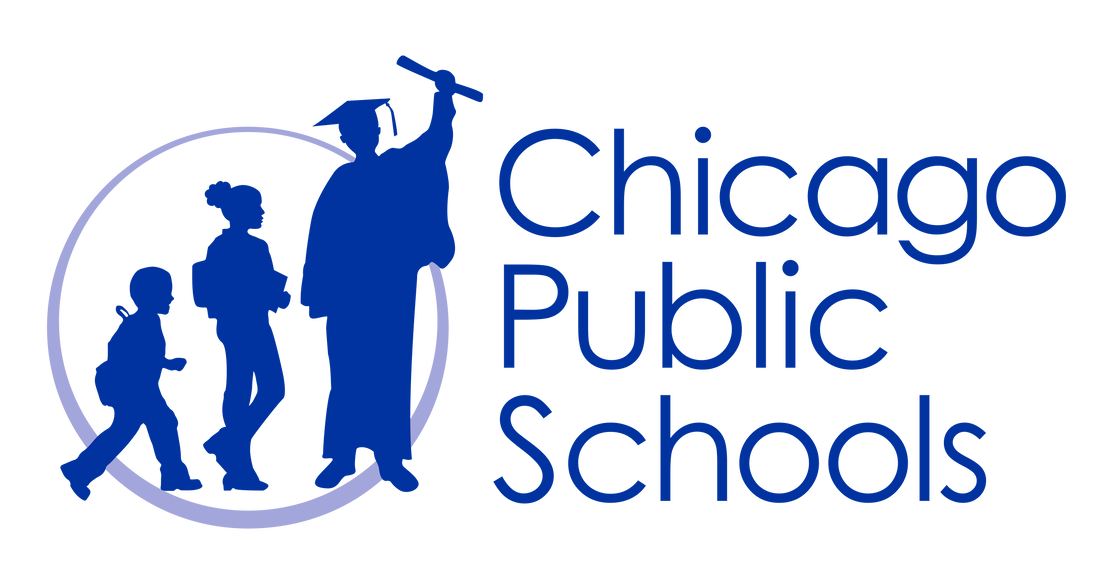Project Funding
Education Innovation and Research
Improving Pedagogy to Accelerate Computational Thinking
(IMPACT)
September 1, 2019 – May 30, 2025
Grant No: U411C190092
Proposal
$4,000,000.00
Education Innovation and Research
Improving Pedagogy to Accelerate Computational Thinking
(IMPACT)
September 1, 2019 – May 30, 2025
Grant No: U411C190092
Proposal
$4,000,000.00
Principal Investigators
Mark Warschauer (PI), University of California, Irvine, School of Education
Diana Franklin (Co-PI), University of Chicago, Department of Computer Sciences
Debra Richardson (Co-PI), University of California, Irvine, Donald Bren School of Information & Computer Sciences
Mark Warschauer (PI), University of California, Irvine, School of Education
Diana Franklin (Co-PI), University of Chicago, Department of Computer Sciences
Debra Richardson (Co-PI), University of California, Irvine, Donald Bren School of Information & Computer Sciences
Summary
This project will develop and evaluate a computer science instructional intervention, consisting of a curriculum and professional development, appropriate for Hispanic students in fourth grade and combining three promising innovations:
(1) an English language arts-oriented computational thinking curriculum developed by the San Francisco Unified School District;
(2) linguistic scaffolding developed by the University of California, Irvine; and
(3) CS learning scaffolding developed by the University of Chicago.
We will develop the intervention in Year 1; iteratively pilot and improve it in three school districts in Years 2 and 3; evaluate it in a randomized control trial in Year 4; and analyze data, further improve the intervention, and disseminate it in Year 5. Our goal and expected outcome is to develop an intervention that can improve Hispanic students’ computational thinking and computer science identity while maintaining achievement levels in English language arts and math.
(1) an English language arts-oriented computational thinking curriculum developed by the San Francisco Unified School District;
(2) linguistic scaffolding developed by the University of California, Irvine; and
(3) CS learning scaffolding developed by the University of Chicago.
We will develop the intervention in Year 1; iteratively pilot and improve it in three school districts in Years 2 and 3; evaluate it in a randomized control trial in Year 4; and analyze data, further improve the intervention, and disseminate it in Year 5. Our goal and expected outcome is to develop an intervention that can improve Hispanic students’ computational thinking and computer science identity while maintaining achievement levels in English language arts and math.






